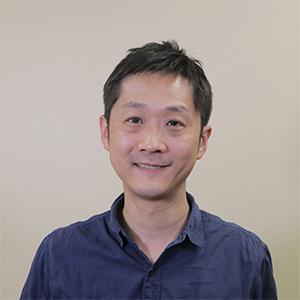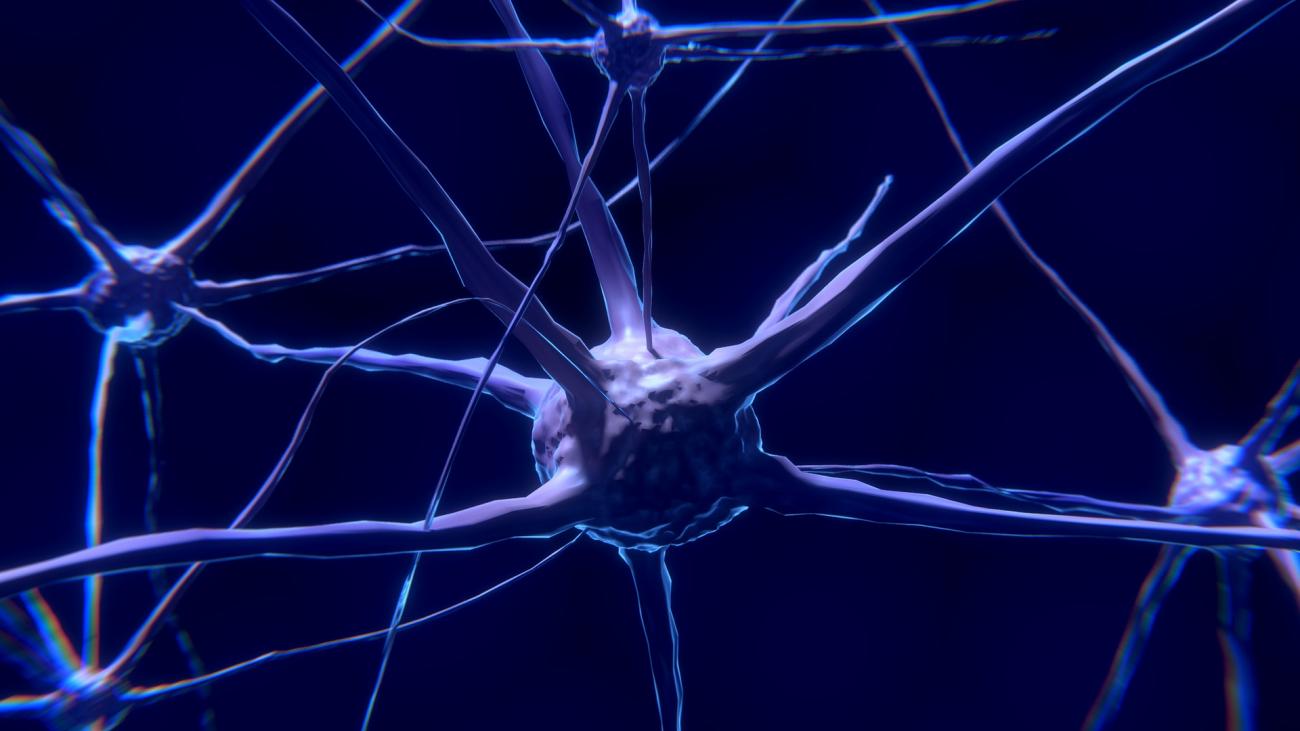Title: Cortical and subcortical neural pathways for temporally precise sound integration in the secondary auditory cortex
In our daily life, even in the face of multiple sound sources, our brain binds together frequency components that belong to the same source and recognizes individual sound objects. This “feature binding” relies on the precise synchrony of each component’s onset timing, but little is known regarding its neural correlates. Here, we find that multi-frequency sounds prevalent in vocalizations, specifically harmonics, preferentially activate the mouse secondary auditory cortex (A2), whose response sharply deteriorates with shifts in component onset timings. The temporal window for harmonics integration in A2 was broadened by the inactivation of somatostatin-expressing interneurons, but not parvalbumin-expressing interneurons. Importantly, A2 has functionally connected subnetworks of neurons preferentially encoding coincident harmonics. These subnetworks are stable across days and exist prior to experimental harmonics exposure, suggesting their formation during development. Therefore, we propose A2 as a locus for multi-frequency integration, which may form the circuit basis for vocal processing. In this seminar, I will further discuss our unpublished data on the dissection of input pathways that converge onto A2. In contrast to the common view that higher-order sensory cortices receive slow, processed inputs through primary cortices, our preliminary tracing and electrophysiology data demonstrate that A2 also receives fast sensory inputs (<10 ms latency) from the secondary non-lemniscal pathway. Our ongoing research investigates how the A2 circuit integrates these parallel ascending pathways with distinct latencies to achieve temporally precise auditory processing. Through these works, we aim to gain insights into the generalizable principles underlying the cortical circuitry of sensory integration.
Dr. Kato is an Assistant Professor at UNC School of Medicine.
NACS Seminars are free and open to the public.




